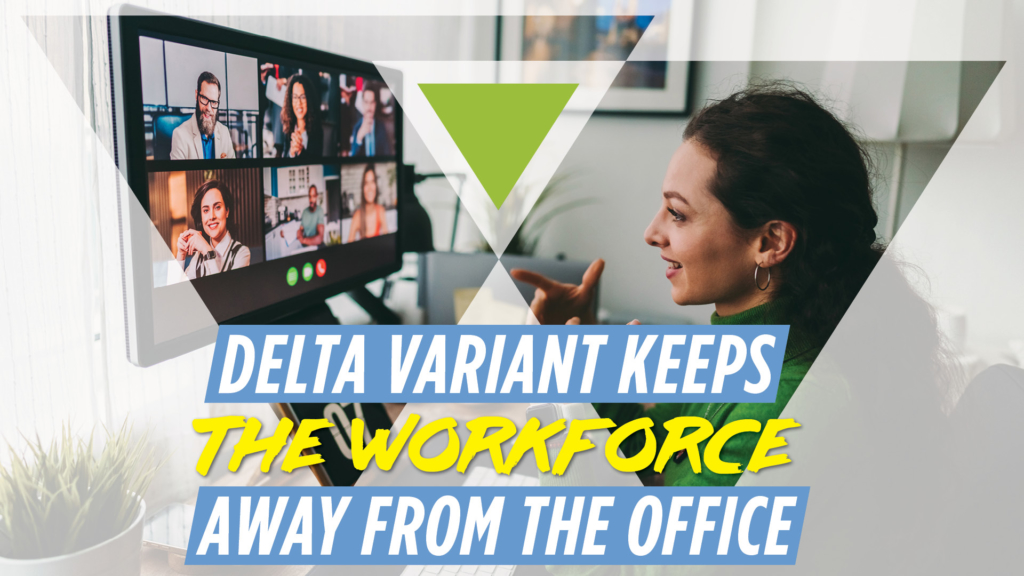Only months ago commercial property owners anticipated office buildings would fill up again after Labor Day, due to the predicted rising vaccination rates and falling infection rates. The spread of the Delta variant and subsequent rising Covid-19 case numbers upended that calculation.
Amazon, along with several other companies, has adjusted their return-to-work plans with this new rise in Covid-19 Delta cases. The company was ready for a majority of its employees to begin returning regularly to the office the week of Sept. 7th but instead has continued keeping its staff away from close quarters office space.
Delta Variant Keeps Workers at Home
Office Buildings Are Closing Down
There have been more and more businesses opting for home offices and remote workspaces for their workers to have a more balanced working opportunity away from the office. In response to that, employees have jumped on the opportunity to move away from the city and settle in more comfortable and affordable homes all across the country.
Since the beginning of 2020, some workers have waited to make a move on home purchasing because of the uncertainty around bringing employees back into the office. With the new Delta variant of the virus starting to make its way around the country, going back into physical office spaces full-time might still be a ways away. Those who have waited to go back in have started to join the others by purchasing a more comfortable home of their own.
Remote Work Environments
With all the uncertainty regarding work environments, workers are waiting out the decision for how their company wants to move forward in a more comfortable living arrangement away from the city. “We have seen organizations start initiatives to return to work and then scale them back almost immediately,” said Xavier Menendez, who heads the real estate and workplace solutions team at a consulting firm called Accenture. Even a few weeks ago, many executives expected to be back in the office in the fall when their children returned to school. “That sentiment has largely fallen away,” Mr. Menendez said.
The New Normal — Working from Home
While most tenants continue paying rent even when their offices are empty, companies that get used to working remotely may become less eager to lease office space in the future, said Daniel Ismail, senior analyst at the real-estate analytics firm, Green Street. “It’s not a bold claim to think that the longer we’re away from the office, the more employees expect to retain that in the future,” he said.
Delayed returns to the office are a heavy blow to businesses that cater to office workers, such as restaurants, gyms, and hotels. Remote work is also putting office building owners in a tough situation; a lack of in-person businesses means less income for these landlords. Will working from home really be the new norm? There is speculation that flexible work environments might become a more permanent option as a lingering pandemic will dictate how the workforce returns to full steam.
If you are a real estate agent and are interested in growing your business during these unprecedented times, schedule an appointment for a free business consultation with a Workman Success Systems expert analyst. When you implement Workman Success Systems’ proven strategies, real estate coaching can be the key to unlocking real growth in your business.

